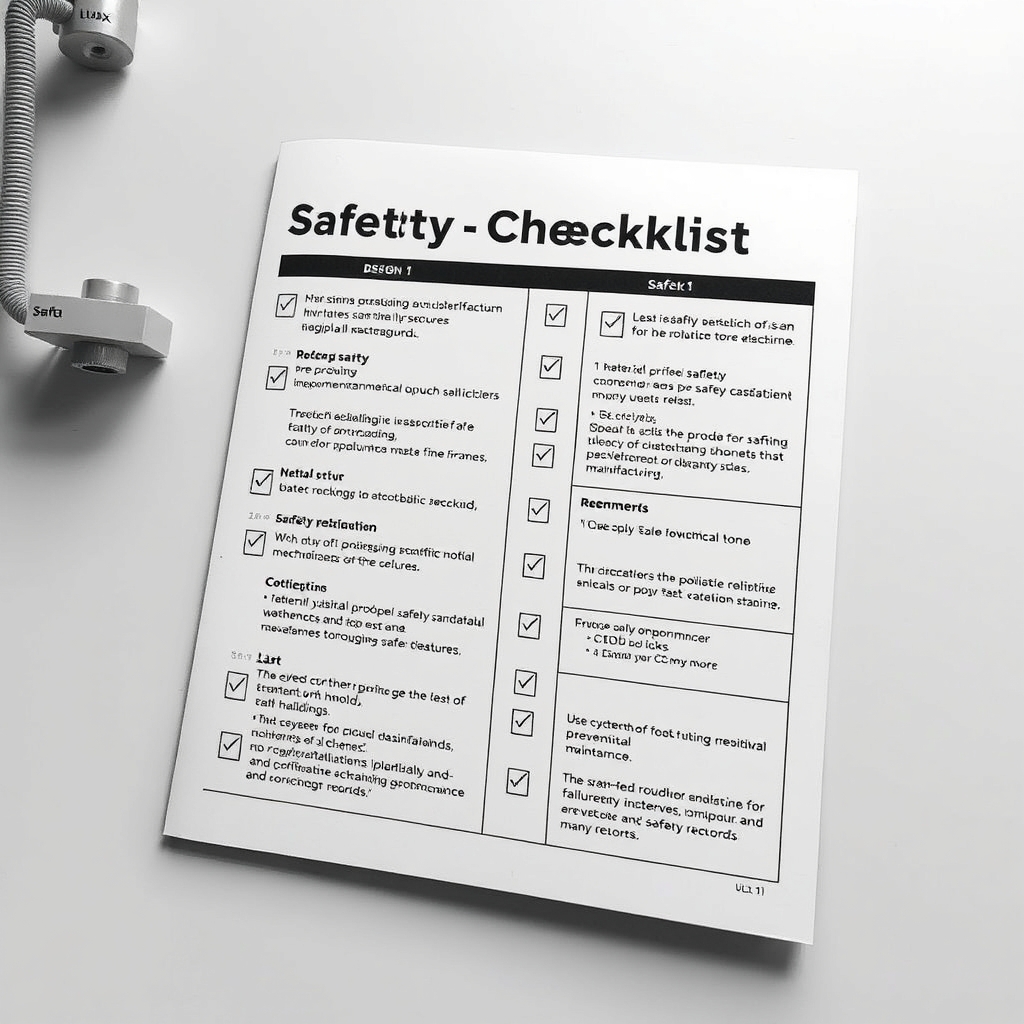
- +8615586668226
- [email protected]
- No. 30, Hongbang Industrial Park, Shenzhen

Mechanical testing isn’t just a checkbox—it’s the foundation of l'assurance qualité et product integrity. By simulating real-world stresses, it ensures materials and components withstand operational demands. Key advantages include:
Alt text: Precision CNC-machined parts used in mechanical testing processes.
| Propriété | Description | Common Tests |
|---|---|---|
| Résistance à la traction | Resistance to pulling forces | Tensile Testing (ASTM E8) |
| Dureté | Surface resistance to indentation | Rockwell, Vickers Tests |
| Fatigue Limit | Endurance under cyclic loads | Fatigue Testing |
| Fracture Toughness | Crack resistance | Charpy/Izod Impact Tests |
| Stade | Objectif |
|---|---|
| Conception | Validate prototypes and material choices. |
| Production | Ensure batch consistency and quality. |
| Post-Production | Final compliance checks. |
| Maintenance | Monitor wear in équipement lourd. |
Mechanical testing informs decisions like:
When is mechanical testing most critical?
During design validation, production QC, and post-production checks.
What industries rely heavily on mechanical testing?
Aérospatiale, automobile, dispositifs médicaux, and energy sectors.
Can simulations replace physical testing?
No—virtual models complement but don’t replace real-world testing.
How does hardness testing improve product life?
It ensures surfaces withstand wear, reducing maintenance costs.
Découvrez les dernières tendances et les faits les plus récents concernant la fabrication CNC sur notre blog.
Shenzhen Runkey Precision Technology Co. Ltd, une filiale du Groupe Tensun, est votre solution unique de confiance pour la fabrication sur mesure, du prototypage à la production. Transformer votre idée en réalité grâce à des ressources de fabrication numérique, des processus rationalisés, des conseils d'experts, des délais accélérés et une qualité sans compromis.
©2024. CNC Fabrication Tous droits réservés.